Pressure vessel storage tanks play a critical role in safely storing gases, liquids, and gas-liquid mixtures across various industries. Designed to withstand high internal or external pressures, these tanks ensure efficient, secure, and reliable storage solutions that meet the demanding needs of industrial applications.
What Are Pressure Vessel Storage Tanks?
Pressure vessel storage tanks are engineered containers designed specifically to hold gases, liquids, or mixtures under high pressure. Unlike ordinary storage tanks, pressure vessels are built to endure substantial mechanical stresses arising from the pressure differential between the inside and outside of the tank. These tanks must comply with stringent engineering codes such as the ASME Boiler and Pressure Vessel Code to ensure they can safely contain pressurized substances without leakage or catastrophic failure. They find wide use in chemical plants, refineries, natural gas processing facilities, and pharmaceutical industries, where safe storage and handling of pressurized materials are critical. The design of these tanks involves detailed stress analysis, selection of high-strength materials, and incorporation of safety features such as pressure relief valves and rupture disks.
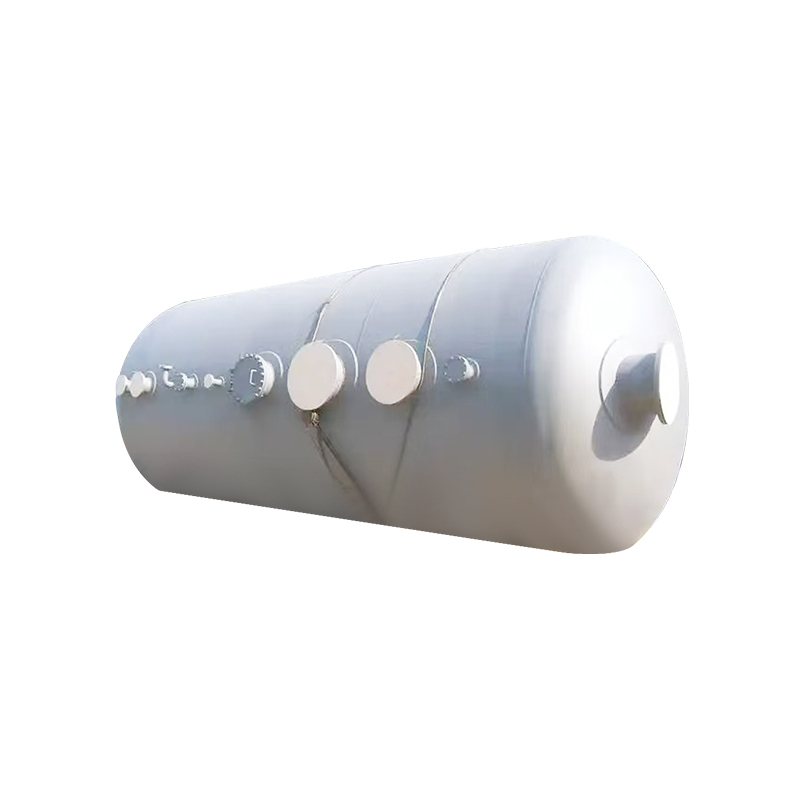
Benefits of Using Pressure Vessel Storage Tanks in Industry
1. Enhanced Safety and Reliability
Safety is the foremost concern in any industrial storage system, especially when dealing with high-pressure gases or volatile liquids. Pressure vessel storage tanks are designed with robust materials like carbon steel or stainless steel, often with additional corrosion-resistant coatings, ensuring they can withstand both internal pressures and harsh environmental conditions. Adherence to codes like the ASME Boiler and Pressure Vessel Code means that these tanks undergo rigorous design, fabrication, inspection, and testing processes before being commissioned. These measures drastically reduce the risk of leaks, ruptures, or explosions, which could otherwise result in serious injuries, environmental damage, and costly downtime. Pressure vessels are equipped with safety devices such as pressure relief valves and burst discs, which automatically release excess pressure to prevent catastrophic failure. Their reliability in maintaining structural integrity even under fluctuating pressures ensures consistent safe storage, making them indispensable in critical industrial applications.
2. Efficient Use of Space
Industrial plants often face significant constraints regarding space, especially in urban or densely industrialized areas. Pressure vessel storage tanks provide a solution by enabling the storage of gases and liquids in a highly compressed form, thus minimizing the volume required. For example, gases that would occupy large volumes at atmospheric pressure can be stored as liquids or highly compressed gases within these vessels, significantly reducing the spatial footprint. This compact storage capability allows facilities to optimize their layout, maximize production area, and reduce costs associated with land acquisition and plant expansion. Moreover, the vertical design of many pressure vessels further economizes space, allowing installation in confined or restricted environments. This efficient use of space also translates into reduced material handling distances within a plant, which can enhance operational efficiency and safety.
3. Versatility in Handling Various Substances
Pressure vessel storage tanks are highly versatile and can be tailored to store a wide variety of industrial substances, from inert gases like nitrogen and argon to highly reactive chemicals such as ammonia and liquefied petroleum gas (LPG). The tank’s design can be adapted based on the physical and chemical properties of the stored material, including temperature, pressure, corrosiveness, and toxicity. For instance, tanks intended for cryogenic liquids are insulated and designed to maintain extremely low temperatures, while those for corrosive chemicals may use special linings or alloys to prevent degradation. This versatility makes pressure vessel tanks a fundamental component in diverse industries like petrochemical processing, natural gas storage, pharmaceutical manufacturing, and food and beverage production. The ability to customize these tanks for specific applications ensures that industries can maintain product quality, enhance safety, and comply with regulatory requirements.
4. Improved Process Control
Maintaining precise control over the storage environment is vital in many industrial processes. Pressure vessel storage tanks enable operators to keep gases and liquids under stable, controlled pressure conditions, which directly influences the phase state, chemical stability, and quality of the stored substances. For example, many gases are stored in a liquefied state under pressure, which reduces volume and facilitates easier transport and handling. By adjusting and maintaining the internal pressure, operators can prevent unwanted phase changes such as evaporation or condensation, which could disrupt downstream processes or cause safety hazards. Pressure control within these tanks helps manage temperature variations and minimizes contamination risks by ensuring airtight conditions.
Key Industrial Applications of Pressure Vessel Storage Tanks
Chemical Industry: Used for the containment of volatile and reactive chemicals that require high-pressure storage to remain stable or safe.
Petroleum Industry: Essential for storing crude oil derivatives and liquefied gases such as LPG under pressure.
Natural Gas Processing: Used in CNG and LNG storage to enable transport and usage of natural gas as fuel.
Pharmaceutical Industry: Provides safe containment for high-purity gases and liquids essential for drug manufacturing.
Design Features That Improve Storage Efficiency
Pressure vessel tanks incorporate features like thick, high-strength steel walls to resist pressure loads, safety relief valves to manage overpressure, insulation to maintain temperature-sensitive materials, and anti-corrosion coatings for longevity. These features are critical to maintaining safe, efficient storage and ensuring compliance with regulatory standards.


 English
English русский
русский عربى
عربى

.jpg)
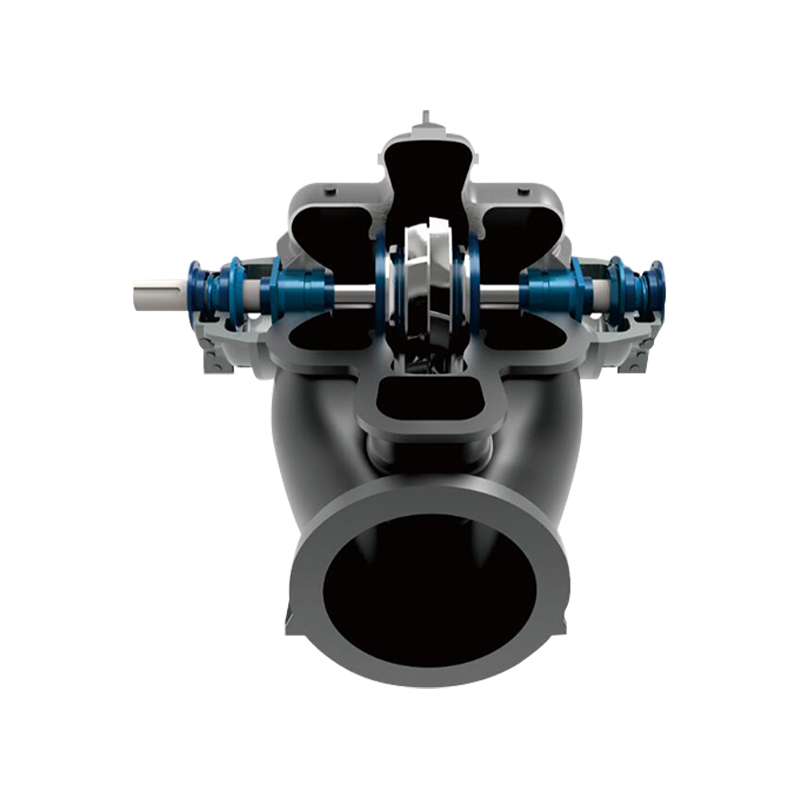
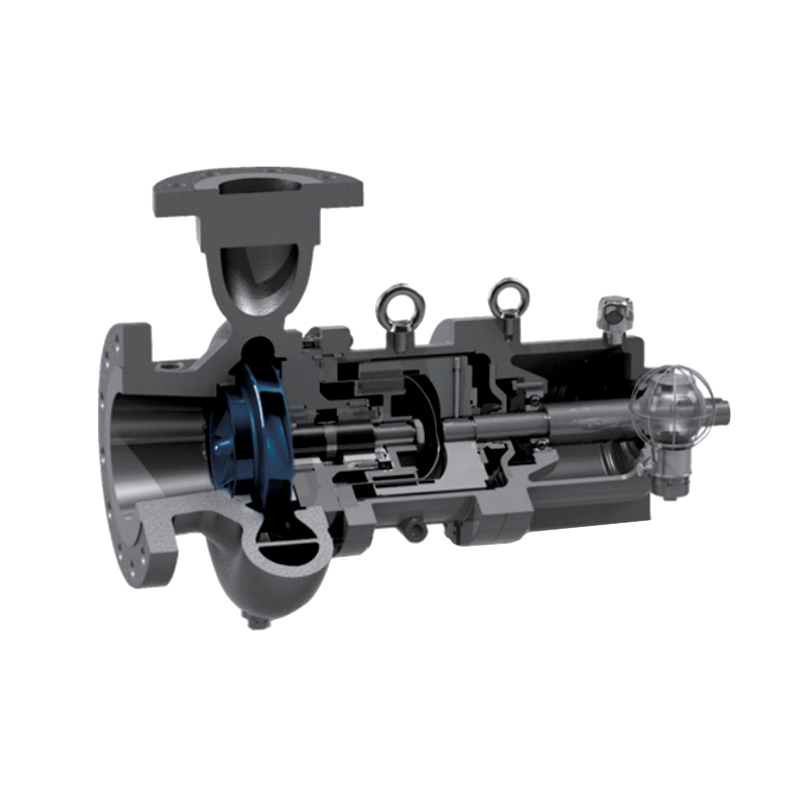
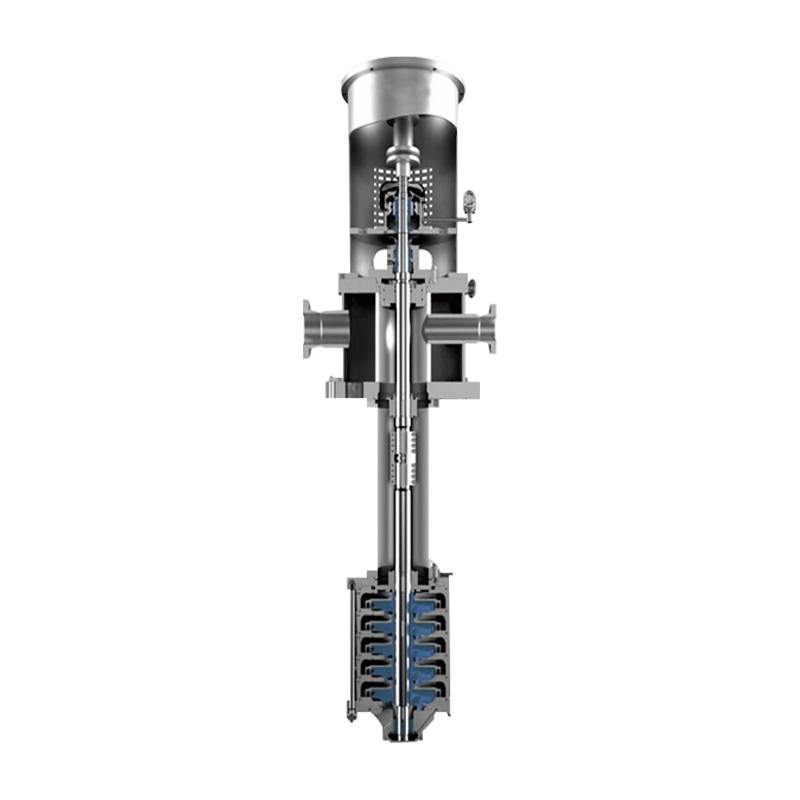
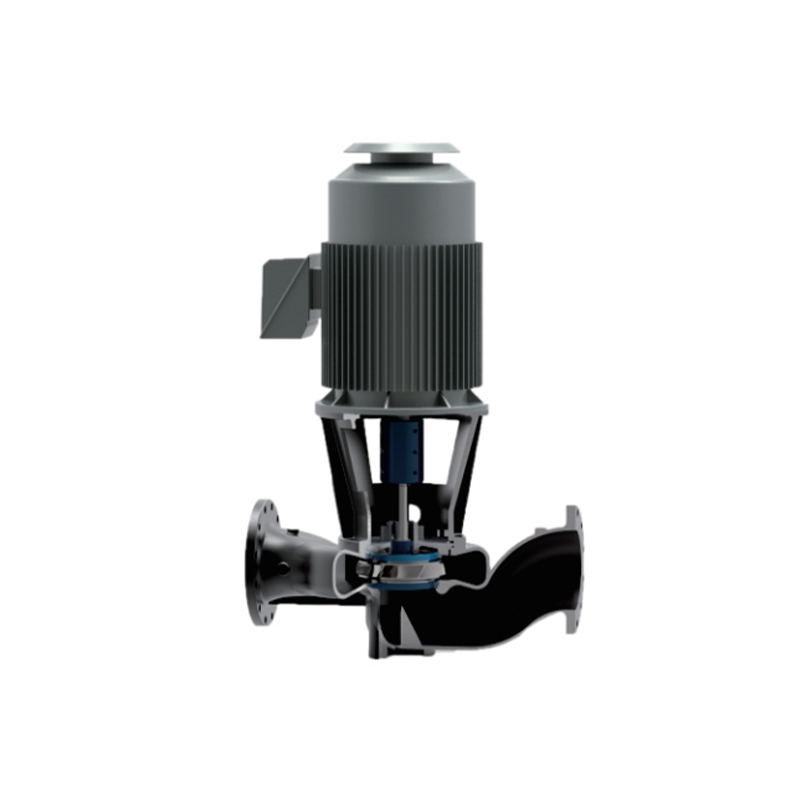

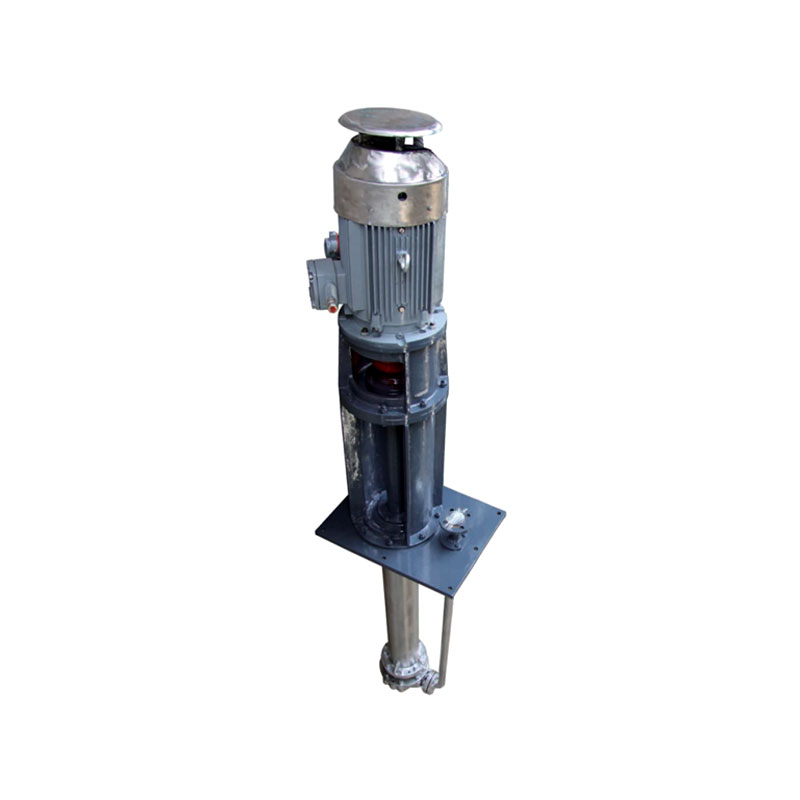
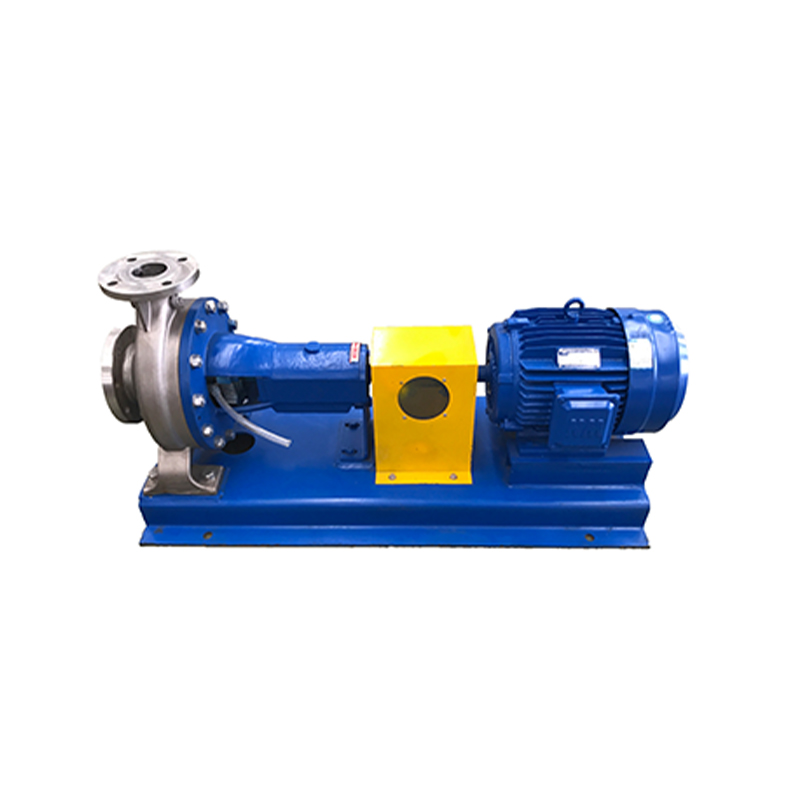

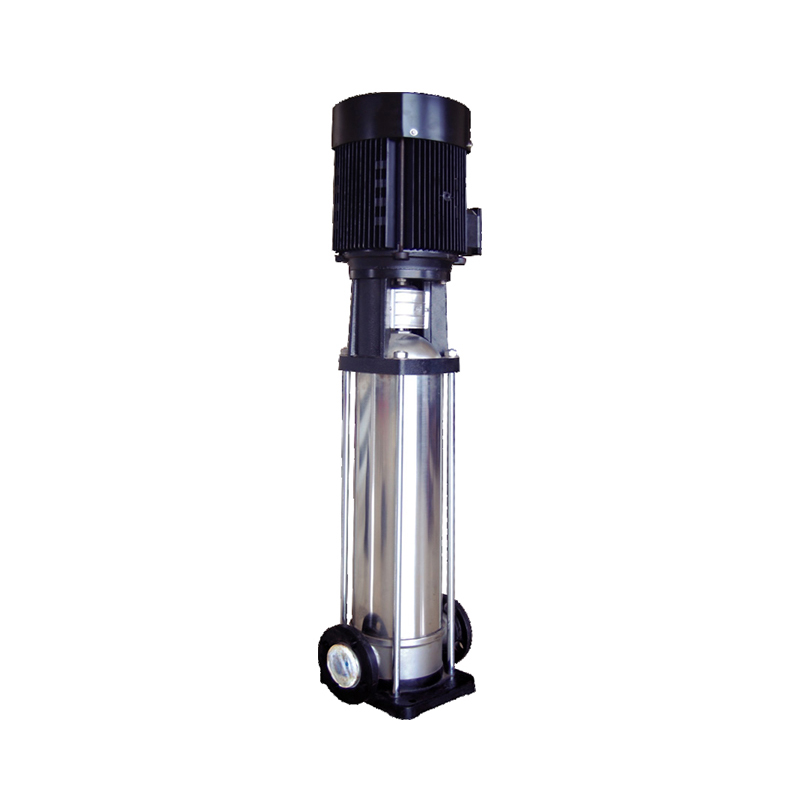






 ENG
ENG

 TOP
TOP